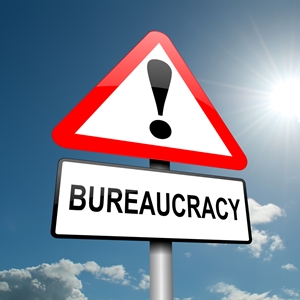
Late payments can quickly become a big problem for small businesses, with organisations relying on promptly settled invoices to maintain cash flow and keep operations running.
However, a recent study from MYOB revealed that 54 per cent of SMEs have waited over six months to be paid for their goods and services, with more than 70 per cent writing off debts.
Fifty-two per cent of SMEs in an MYOB study said late payments are due to a disregard of invoicing terms and payment systems.
Sadly, it appears that larger organisations are the slowest to pay what they owe. Dun & Bradstreet figures showed that businesses with more than 500 employees settled invoices an average of 18.2 days late in the fourth quarter of 2016, compared with 12.3 days for firms with only six to 19 workers.
In Victoria, the average late payment time was just under 14 days. So what measures can SMEs take to tackle the issue? Here are some of the ways your business could overcome late payment problems.
1. Perform credit checks
Knowing your clients and customers is important if you're going to be extending any credit, so you should perform checks on the financial viability of the organisations with which you do business.
You should repeat these processes regularly, as the commercial landscape is rapidly evolving and clients that passed your criteria previously may encounter cash flow issues in the future.
2. Make payments clear and easy
Fifty-two per cent of SMEs in an MYOB study said late payments are due to a disregard of invoicing terms and payment systems. You should therefore make your invoices as clear and simple as possible to ensure quicker payments.
Each client has their own payment system in place, and you can reduce the likelihood of delays if you can follow those processes closely.

3. Implement software
Keeping track of late payments can be tricky, which is why SMEs may wish to consider using software to identify when invoices are approaching specified payment dates or are overdue.
These systems often issue automated reminders to clients and can help your debt collection teams prioritise the most important accounts.
4. Consider cash flow solutions
Even with other measures in place, late payments are a reality of doing business, so you may need a contingency plan to maintain cash flow when all other options have been exhausted.
This is where seeking cash management and forecasting services often proves useful, as you can receive independent expert advice on how to optimise your current cash flow set-up.
If you would like to learn more about cash management and forecasting, as well as a number of other business advisory services, please contact WMC Accounting today.



